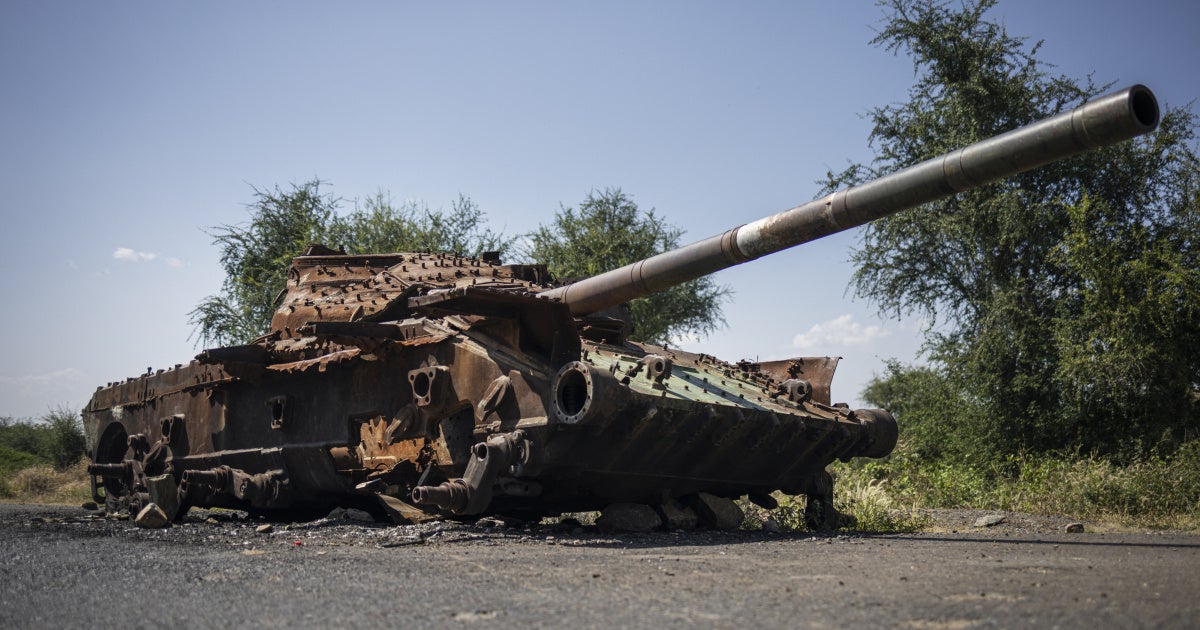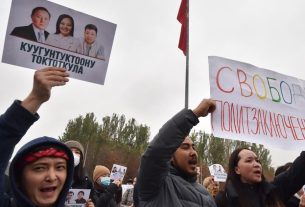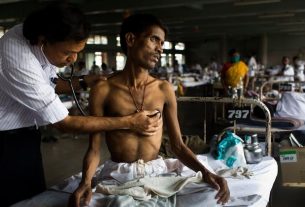The fragile truce largely insulating civilians in northern Ethiopia from war crimes and other abuses may be unraveling. With many countries focused elsewhere, it is increasingly important that influential governments mobilize swiftly to prevent a resurgence of atrocities in the northern Tigray region that could spread further.
In recent weeks, Ethiopian Prime Minister Abiy Ahmed accused the Tigray region’s ruling party, the Tigray People’s Liberation Front (TPLF), of using its budget for military activities. The Ethiopian army chief called the party a “criminal clique” that needs to be eliminated. Tensions have risen since Ethiopian authorities and the TPLF repeatedly appealed—without success—for international mediation.
There have also been mounting tensions between Ethiopia and neighboring Eritrea, which Ethiopia’s foreign minister alleged was colluding with the TPLF to wage war. For months, diplomats and analysts have been warning that provocations between the two countries could lead to renewed conflict in areas that have not had a chance to recover from previous fighting.
The 2020-2022 conflict in northern Ethiopia, which spread from Tigray to the Afar and Amhara regions, was marked by serious atrocities, claimed the lives of several hundred thousand people, displaced millions, and destroyed critical infrastructure. The Ethiopian government imposed a crippling siege on Tigray, while local officials and Amhara militias in Western Tigray carried out an ethnic cleansing campaign against the Tigrayan population that amounted to crimes against humanity.
In November 2022, Ethiopian authorities and the TPLF signed an African Union-brokered truce. But as its monitoring mechanism largely failed to pay attention to human rights abuses, warring parties, including the agreement’s non-signatories, continued to abuse civilians in Tigray in violation of the agreement’s pledges to protect civilians.
Neither Ethiopia nor Eritrea have credibly prosecuted those responsible for the atrocities. The United Nations, capitulating to pressure from the Ethiopian authorities, failed to renew an international inquiry on Ethiopia in 2023, in favor of a domestic process that has all but stalled.
Now is the moment for diplomacy and de-escalation. The key guarantors of the truce—the African Union, Kenya, South Africa, and the United States—and Ethiopia’s partners should immediately mobilize to prevent further human rights abuses, and the AU needs to publicly report on violations of the truce, including against civilians.
The risk of renewed cycles of atrocities is all too real.



